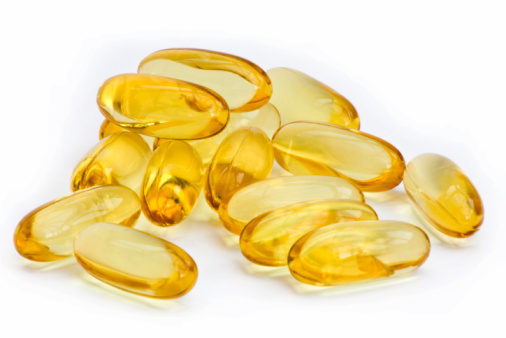The Reduction Fisheries: SFP Fisheries Sustainability Overview 2017 analyzed 20 of the most significant fisheries used for the production of fishmeal or fish oil and assessed the sustainability of the current management regimes.
Some 81% of the total catch volume came from stocks that are reasonably well managed, an improvement from last year, where only 57.4% of the fisheries received that rating.
The Sustainable Fisheries Partnership is a business-focused NGO (non-governmental organization) that is helping to reshape the world of corporate responsibility by allowing companies to directly engage with suppliers of natural resources.
As part of the SFP’s mission to assess and improve the needs of sustainability, the organization analyzed data from 20 stocks from 13 species and two main groups (fish and crustaceans), rated according to the sustainability assessment presented on FishSource.
“This report shows a real improvement in the management of reduction fisheries and is a clear demonstration that the fishmeal and fish oil sector is on a very positive trend toward sustainability,” said Blake Lee-Harwood, strategy director for the Sustainable Fisheries Partnership, in a statement accompanying the release. “There is still a huge challenge in Asia but with enough support from industry and government we can hope for similar levels of improvement there as well.”
“The report shows a significant improvement for several other fisheries from last year, which is proof that many participants in the fishing industry are serious about doing business the right way,” says Cilia Holmes Indahl, Director Sustainability at Aker BioMarine. “As a sustainability frontrunner, we are very satisfied that others are following. We have openly shared our data and expertise to drive positive change in the industry and take the right steps to ensure that the fisheries take responsibility for the ecosystems in which they harvest. We need omega-3s for our overall health and the all hands on deck approach to sustainability helps us balance our work for improving human health with taking care of the environment.”
Among the other findings:
- 17% (1.7 million tons) of the total catch for reduction purposes comes from poorly managed fisheries (Category C), a significant drop compared to 42.6% last year.
- Out of the 20 stocks of this overview, 10 have fisheries that are already covered by the MSC program, 19 have fisheries that are covered by the IFFO Responsible Sourcing certification, and three are covered by fishery improvement projects (FIPs) that are making good progress. According to the available estimates, more than two thirds of the production covered in this overview are coming from fisheries that are MSC certified or under full assessment (25 percent), or in a FIP that is making good progress (44 percent).
- There have been important fishery improvement projects launched in the past year for reduction fisheries — particularly for Peruvian anchovy (north-central stock) and Mauritanian small pelagic species.
- The situation is still far from satisfactory in Asia. A substantial amount of fishmeal in the Asian region comes from mixed trawl fisheries. These fisheries are poorly documented and managed. There is a clear need for industry to play a role in supporting fishery improvement projects in this region to ensure that eventually all fishmeal and fish oil are derived from sustainably managed fisheries.
- The aquaculture feed industry has played an important role in promoting improvement through its support for fishery improvement projects. The fishmeal and fish oil sector has also played a strong role in promoting more responsible management of reduction fisheries.










